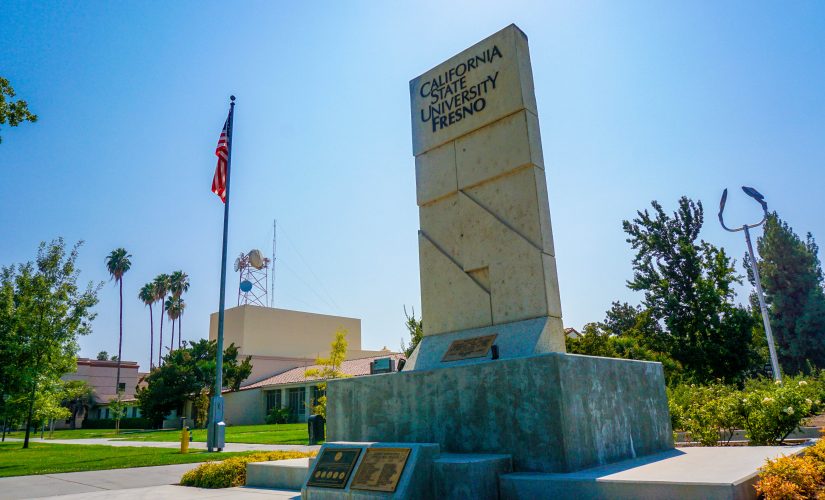The Supreme Court ruled Thursday that the Trump administration may not proceed to end a program that deferred deportation for many immigrants, including about 600 Fresno State students.
Chief Justice John G. Roberts Jr. wrote the 5-4 majority opinion, which overturned the decision to rescind the program, Deferred Action for Childhood Arrivals, or DACA.
“We do not decide whether DACA or its rescission are sound policies. We address only whether the agency complied with the procedural requirement that it provide a reasoned explanation for its action,” Roberts said. “Here the agency failed to consider the conspicuous issues of whether to retain forbearance and what if anything to do about the hardship to DACA recipients.”
In a dissent, Justice Clarence Thomas wrote that today’s decision by the Court is “an effort to avoid a politically controversial but legally correct decision.”
President Donald Trump said in 2017 that he would end the executive order by former President Barack Obama, claiming the program was beyond the power of any president.
The court’s decision was not arguing in favor of the program. Chief Justice Roberts said the justifications given by the Trump administration and former Acting Secretary of Homeland Security Elaine Duke were inadequate.
The Court said the Trump administration can try again to provide reasons for ending the program.
President Trump wrote out several tweets following the decision by the Court, citing that the decisions from the Court “are shotgun blasts into the face of people that are proud to call themselves Republicans or Conservatives.” The President also said he will be looking to appoint a conservative Supreme Court Justice soon.
I will be releasing a new list of Conservative Supreme Court Justice nominees, which may include some, or many of those already on the list, by September 1, 2020. If given the opportunity, I will only choose from this list, as in the past, a Conservative Supreme Court Justice…
”” Donald J. Trump (@realDonaldTrump) June 18, 2020
DACA is an immigration policy that shields young undocumented immigrants who arrived at a young age to America from deportation. The program allows non-U.S. citizens who qualify to live in the country for two years, and then renew once again if they choose to do so.
Dreamers, recipients of the program, are eligible for other benefits as well like work authorization.
Fresno State President Dr. Joseph I. Castro applauded the decision in a statement and has been a vocal advocate for Dreamers.
“I have long advocated for permanent protection via a legislative solution for Dreamers ”” young and high-achieving individuals who were brought to the U.S. as children through no choice of their own,” Castro said. “For example, last fall, 600 university presidents and I signed a letter urging Congress to pass bipartisan legislation to provide permanent protection for Dreamers.”
Castro said the approximately 600 DACA students at Fresno State “represent the potential offered by our country and are a key part of California and our nation’s future.
Fresno State has its own Dream Success Center as well, which is a place on campus dedicated to serving Dreamer students. On May 22, Fresno State’s student government, Associated Students Inc., voted to give the center $25,000, giving it additional resources to advocate for DACA students on campus.
California State University Chancellor Timothy P. White said the decision by the Supreme Court is a truly outstanding and welcome outcome. The CSU system estimates that nearly 10,000 DACA students are studying across the 23 campuses in California.
“Some of the CSU’s brightest students and most dedicated employees are Dreamers and they are found on each of our 23 campuses… While this decision is an important victory, it does not protect the program from further challenge, nor does it provide a permanent solution to allow our Dreamers to achieve their aspirational goals,” White said. “The CSU continues to urge Congress to take swift, bipartisan legislative action toward a much-needed permanent solution so that our Dreamers can continue to fulfill their human potential and strengthen our campuses, communities, state and nation.”




